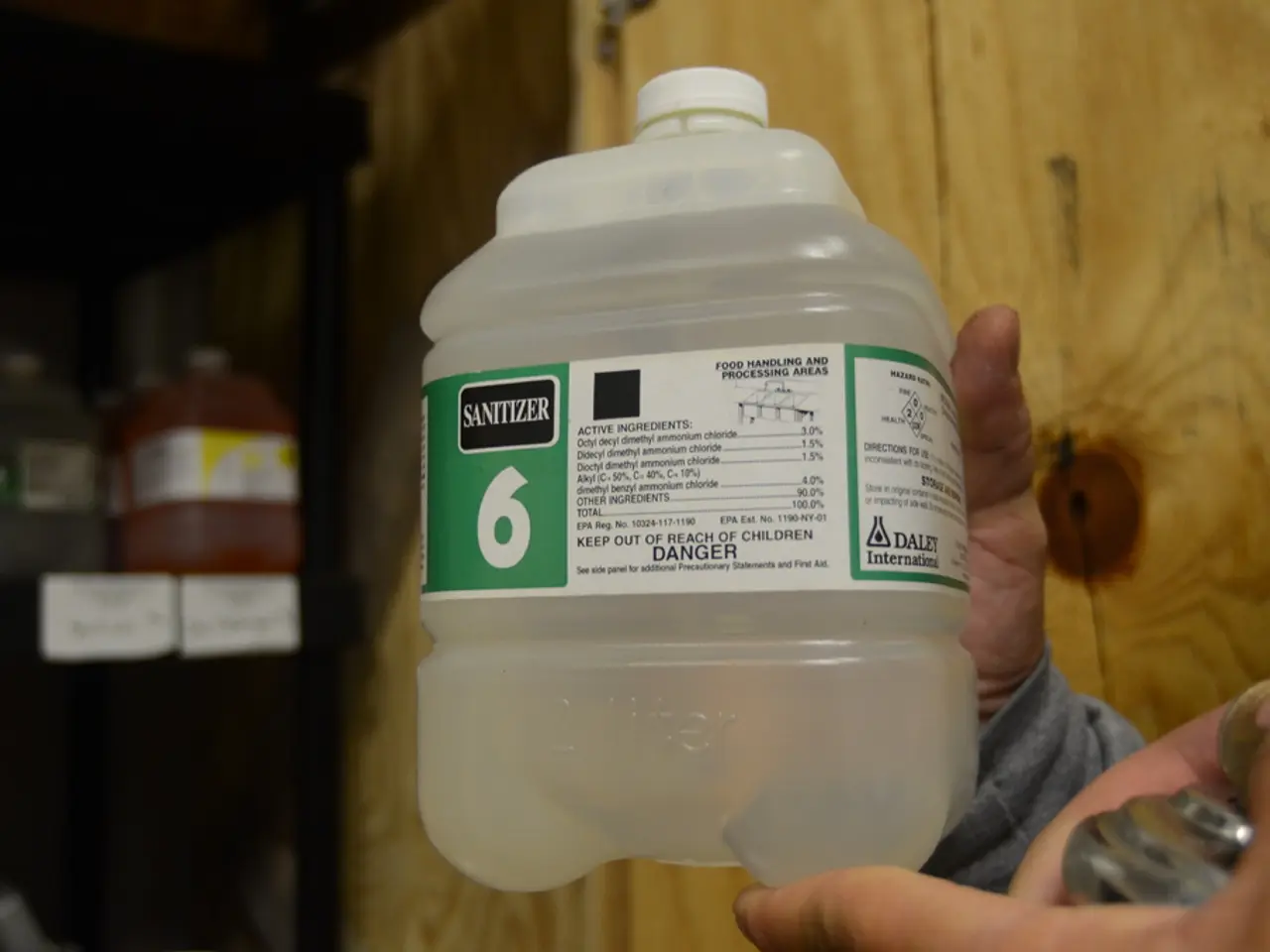Meningitis Outbreak: Understanding the Causes, Signs, and Appropriate Medical Response
Viral meningitis is a common inflammation of the membranes surrounding the brain and spinal cord, often caused by nonpolio enteroviruses. This condition affects people of all ages, but it's particularly important to understand the symptoms and risks for young children and those with weakened immune systems.
Common Symptoms
The common symptoms of viral meningitis in both children and adults include:
- Fever
- Severe headache
- Stiff neck (difficulty or pain moving the neck)
- Sensitivity to light (photophobia)
- Nausea and vomiting
- Confusion or altered mental state
- Irritability (more commonly noted in children)
- Difficulty waking up or lethargy
Additional symptoms noted especially in children include bulging fontanelles (soft spots on a baby’s skull) and poor feeding, which are not seen in adults.
Risk Factors
People younger than 5 years old, infants less than one month old, and those with compromised immune systems are at a higher risk for viral meningitis. Additionally, having HIV infection or certain travel histories can increase the risk.
Prevention and Treatment
Prevention strategies for viral meningitis focus on avoiding an enterovirus infection. This includes regular hand washing, avoiding mosquito and insect bites, vaccination, staying home when sick, disinfecting commonly touched surfaces, and avoiding close contact with people who are ill.
Treatment for viral meningitis usually involves supportive care and medication to address the underlying virus and relieve symptoms. In severe cases, hospitalization may be required. Most people recover from viral meningitis on their own, but severe cases can cause complications such as high fever, neurological impairments, inflammation of the brain, heart, or their surrounding tissues, paralysis, and death.
If a person or their child is experiencing viral meningitis symptoms, they should contact a doctor right away for diagnosis and treatment options. A doctor may prescribe antibiotics until they can rule out bacterial meningitis, which often presents with more sudden and severe symptoms such as seizures, extreme confusion, and coma.
Outlook
The outlook for viral meningitis is generally good, but it can cause serious complications and death in some cases. It's important to seek medical attention promptly to ensure accurate diagnosis and appropriate care.
[1] Centers for Disease Control and Prevention. (2021). Viral Meningitis. https://www.cdc.gov/meningitis/viral-meningitis/index.html [2] Mayo Clinic. (2021). Meningitis. https://www.mayoclinic.org/diseases-conditions/meningitis/symptoms-causes/syc-20352674 [3] American Academy of Pediatrics. (2021). Meningitis. https://www.healthychildren.org/English/health-issues/conditions/infections/Pages/Meningitis.aspx [4] National Institute of Neurological Disorders and Stroke. (2021). Meningitis Fact Sheet. https://www.ninds.nih.gov/Disorders/All-Disorders/Meningitis-Information-Page [5] Children's Hospital of Philadelphia. (2021). Meningitis. https://www.chop.edu/conditions-diseases/meningitis




